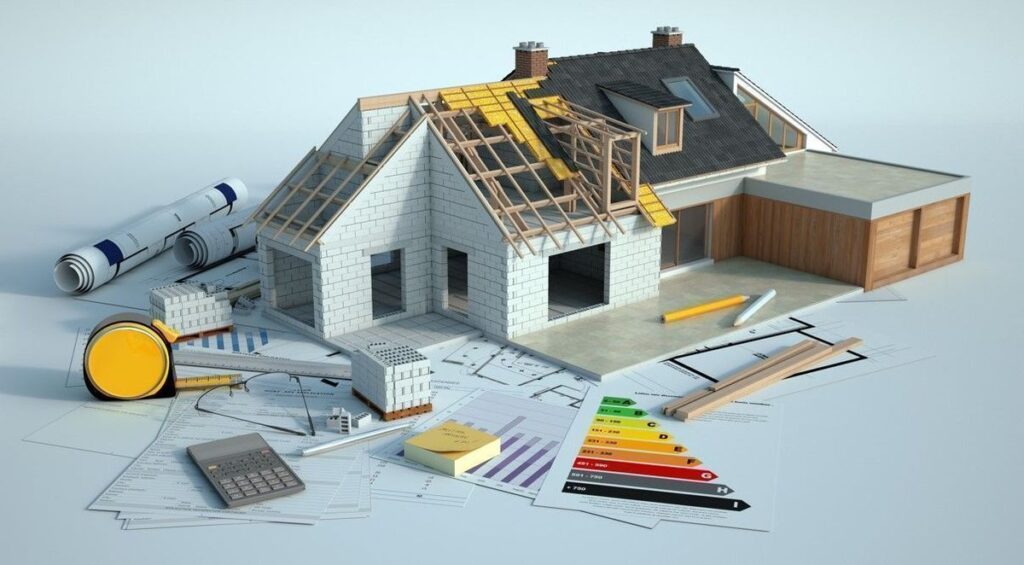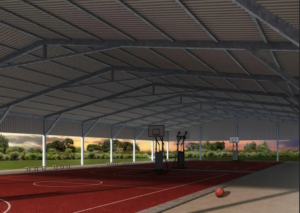
PC-Magicbrick
As families grow or lifestyle needs change, many homeowners find themselves needing more space. Moving to a new home isn’t always the most convenient or cost-effective solution. That’s where home extension builders come in—offering the perfect way to add square footage, enhance your living environment, and increase the value of your property without the hassle of relocating.
What Are Home Extensions?
A home extension involves adding additional space to an existing property, whether it’s expanding horizontally, vertically, or even underground. Home extensions are tailored to meet the specific needs of homeowners, whether it’s adding more bedrooms, creating an open-plan kitchen, building a home office, or constructing a family room.
There are various types of home extensions, including:
- Single-story extensions: Expanding outwards on one floor, typically used to create more living space or extend the kitchen.
- Double-story extensions: Adding two floors, which can provide additional bedrooms and living areas.
- Loft conversions: Making use of attic space for an additional bedroom, office, or living room.
- Garage conversions: Transforming unused garage space into functional living areas.
- Basement extensions: Digging beneath the home to add extra living or storage space.
Why Choose a Home Extension?
Opting for a home extension has numerous benefits, including:
- Customized Living Space: One of the most significant advantages of extending your home is that you get to customize the new space to suit your family’s needs. Whether it’s a modern kitchen, a new bedroom, or a relaxing sunroom, you can design the space with your lifestyle in mind.
- Increased Property Value: A well-planned extension can add substantial value to your home. Not only do you gain more living space, but the added square footage can also increase your property’s market value, making it a worthwhile investment in the long term.
- Avoid the Cost of Moving: Moving to a larger house can be expensive, involving not only the cost of a new home but also additional expenses such as moving fees, property taxes, and legal costs. A home extension allows you to stay in your current location and avoid these costs.
- Preserve Your Neighborhood and Memories: If you love your neighborhood or have strong emotional ties to your home, extending your existing space allows you to keep those connections intact while accommodating your need for more room.
- Utilize Unused Space: Whether it’s a loft, basement, or side yard, many homes have unused areas that can be transformed into functional living spaces through extensions.
How Home Extension Builders Can Help
When it comes to building a home extension, the expertise and skills of a professional builder are crucial. Home extension builders specialize in maximizing your space while ensuring that the design seamlessly integrates with your existing structure. Here’s how they can help:
1. Consultation and Design
Experienced home extension builders start by understanding your needs, budget, and vision for the project. They work with architects and designers to create plans that meet both your functional requirements and aesthetic preferences, ensuring that the extension feels like a natural part of your home.
2. Navigating Building Regulations
Each region has specific building codes and regulations that must be followed during a home extension project. Professional builders are well-versed in these rules and will ensure that all necessary permissions are obtained, whether it’s a planning permit or structural compliance. This saves homeowners from potential legal complications and delays.
3. Budget Management
Staying on budget is a key concern for most homeowners. Experienced home extension builders provide accurate cost estimates upfront and offer suggestions for cost-effective materials and solutions without compromising on quality. Their experience ensures the project runs efficiently, minimizing unexpected expenses.
4. Project Management
A home extension involves many moving parts, from demolition to construction and installation. Skilled builders take on the responsibility of managing the entire project, coordinating tradespeople (such as plumbers, electricians, and carpenters), ensuring timelines are met, and keeping the homeowner informed throughout the process.
5. Quality Construction
Professional builders use high-quality materials and follow best practices to ensure that the extension is not only aesthetically pleasing but also structurally sound and built to last. They will ensure the foundation, walls, and roofing blend seamlessly with the existing structure, maintaining the home’s integrity and appearance.
Choosing the Right Home Extension Builder
When selecting a builder for your home extension, it’s essential to choose a company with a strong track record. Here are a few things to consider:
- Experience: Look for builders who have extensive experience with home extensions. They should have a portfolio of completed work and can provide references from delighted clients.
- Reputation: A good builder will have a solid reputation for quality work and reliability. Check reviews, ask for referrals, and read testimonials before making your decision.
- Licensing and Insurance: Ensure that your builder is properly licensed and insured to avoid liability issues. A licensed builder follows the required building regulations and ensures safety during construction.
- Transparent Pricing: Choose a builder who provides clear, detailed quotes and is transparent about any potential additional costs.
- Communication: A successful home extension project relies on open communication. Work with a builder who listens to your needs, answers your questions, and keeps you updated throughout the process.




